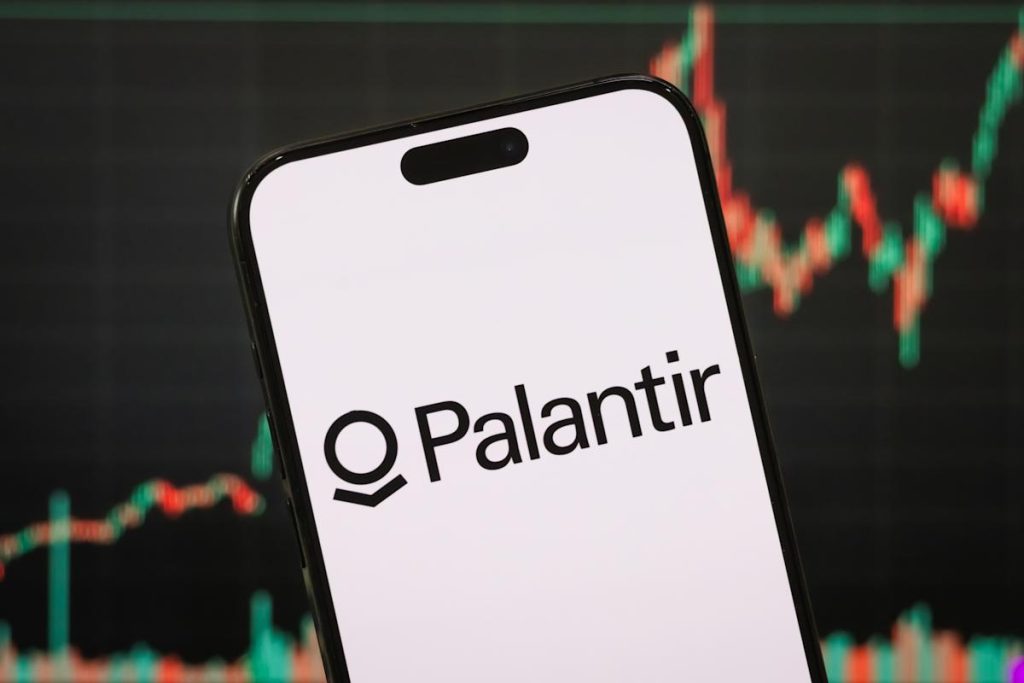Palantir’s Stock Performance Overview
Palantir (PLTR) experienced a 2% stock drop on Friday morning, resulting in an anticipated 5% decline for the trading week, fueled by ongoing worries regarding the company’s high valuation.
Recent Market Activity
On Tuesday, Palantir shares plunged by 12%, wiping out over $35 billion from the company’s market capitalization. This decline followed the release of the company’s first quarter earnings report, revealing a dip in international sales and raising doubts about the firm’s valuation.
Stock Recovery and Market Dynamics
The stock rebounded slightly on Wednesday with a 1.5% increase, followed by a significant 7.8% rise on Thursday, as the overall market reacted positively to the Trump administration’s announcement of a US-UK trade deal. These gains reinstated approximately $24 billion to the tech firm’s market cap, bringing it to $281 billion by Thursday’s close, down from $293 billion at the end of the previous week.
Palantir’s Business Applications
Palantir’s data analytics and AI software is employed by various sectors, including businesses, militaries, government agencies, and police departments, enabling functions like surveillance, war planning, and supply chain management. Its software is also utilized by medical institutions like Mount Sinai and Cleveland Clinic, finance firms such as Citi, oil corporations like BP, and automakers including Stellantis.
Analysts’ Take on Valuation
Analysts from RBC Capital Markets and Jefferies have warned of Palantir’s elevated valuation, estimating it at 80 times its expected 2025 revenue, with projections suggesting a decline to $40 and $60 per share, respectively. Jefferies’ Brent Thill described Palantir’s current valuation as “irrational.”
Future Outlook and Growth Potential
Despite fluctuations, Palantir’s stock has surged over 455% in the past year, largely benefiting from the rise of artificial intelligence. Analyst Gil Luria from DA Davidson remarked on the firm’s exceptional growth and margins, yet cautioned that such high valuations are usually unsustainable, citing potential challenges from competitors, economic downturns, or changes in US government spending.
Global Market Challenges
Palantir’s international commercial segment saw a 5% revenue decline in the first quarter compared to the previous year, attributed to “headwinds” in Europe, where investment in AI has been sluggish. Luria noted that ongoing issues tied to Palantir’s alignment with the Trump administration could deter some European clients, although opportunities may arise if the US strikes similar deals with other European nations.



